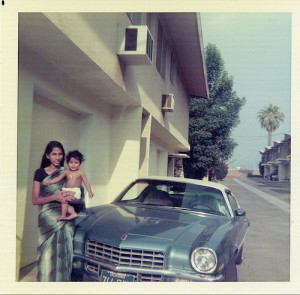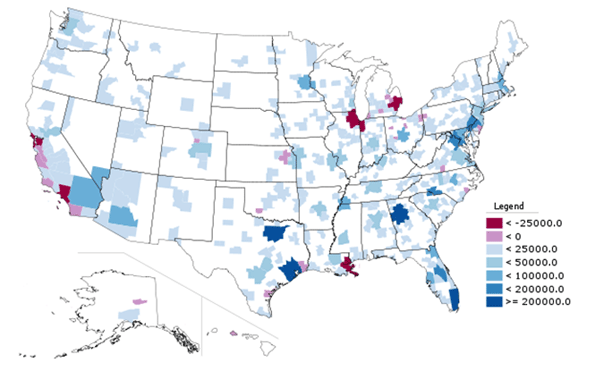Good morning, DCentric readers! Fresh from the WAMU digital kitchen, bite-sized news for you:
Mayor’s youth program brings fears of London-like mobs to Chinatown Local teens love spending their Friday nights in Chinatown, so The District is organizing a “youth engagement” program to reach out to them. But, “some business owners fear the event will draw more youths to the area and unleash destructive forces similar to the mobs that have been rioting in London.” (Washington Examiner )
D.C.’s summer jobs program coming in $5 million under budget Speaking of youth, in the past, the local summer jobs program that caters to them has gone over-budget due to mismanagement. This year, 14,126 young people (ages 14-21) worked at 1,100 work sites all over the city– and 52 percent of them were from east of the river. (Washington Times)
Post Office Closing Generates Concerns in Northeast If a post office closes, you may have to venture further out to mail a package– or find a job. “The postal service has long been considered a place for women and people of color to work…The postal workforce, according to its own statistics, is 37 percent female, eight percent Latino and eight percent Asian; Blacks make up about 21 percent of the employees since the 1960s.” (Washingtoninformer.com)
A Modest Proposal, Cont. More from Ta-Nahesi on the “g-word”: “But when we talk about gentrification, understand that we really are talking about the result of actual policies…erected with the explicit intent of making sure that another group of Americans remain a permanent peon class. This is not the lens to view all of black America, but in terms of that portion that really is being priced out, that really can’t experience a functioning neighborhood, this is a start. Gentrification is not magic. It’s what our forefathers intended to happen.” (The Atlantic)







